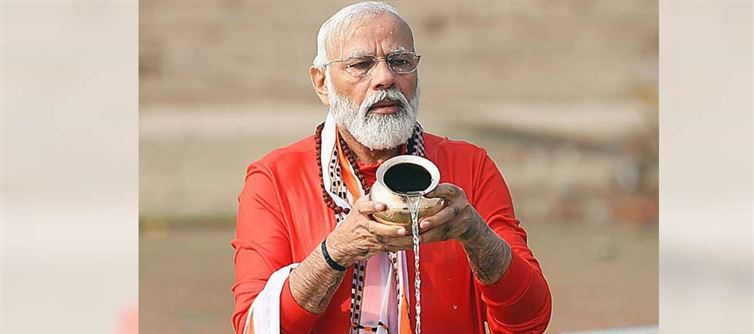
Upon returning to india, the contrast becomes painfully obvious. Despite the massive tax base and India’s status as one of the world’s largest economies, public services remain underwhelming. Roads are potholed, public transport is unreliable, garbage disposal is haphazard, and even basic amenities like clean air or safe drinking water remain luxuries in many areas. The problem isn’t simply about money—India doesn’t lack resources; it’s a matter of how poorly those resources are managed. The bureaucratic inefficiencies, lack of accountability, and corruption in the system dilute the impact of every rupee spent. Citizens often feel like they get little in return for what they contribute.
The heart of the issue lies in the lack of responsible governance. Many politicians prioritize populism and personal gains over genuine, long-term development. Merit often takes a backseat to caste, nepotism, and vote-bank politics. Until india demands and elects leaders who are competent, transparent, and genuinely committed to progress, the country will continue to fall short of its potential. Visiting countries that have achieved more with less is a stark reminder of what india could be if its leadership and administrative machinery prioritized the public good over political convenience.




 click and follow Indiaherald WhatsApp channel
click and follow Indiaherald WhatsApp channel